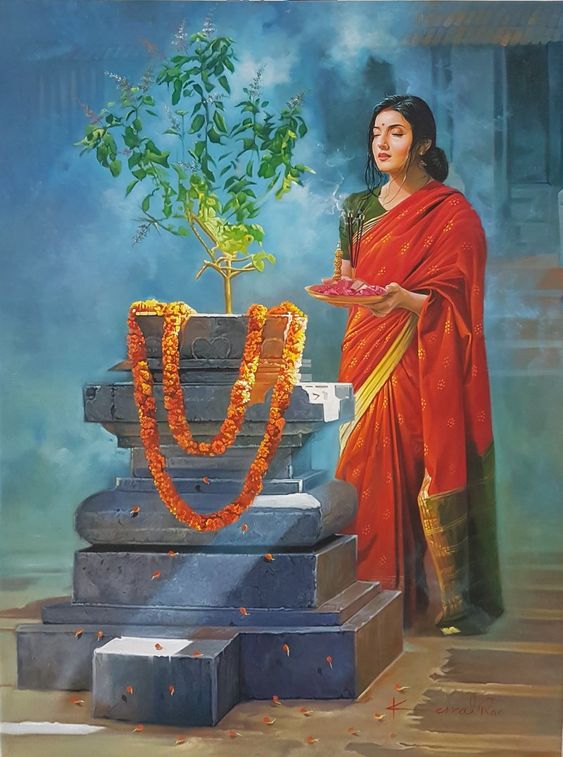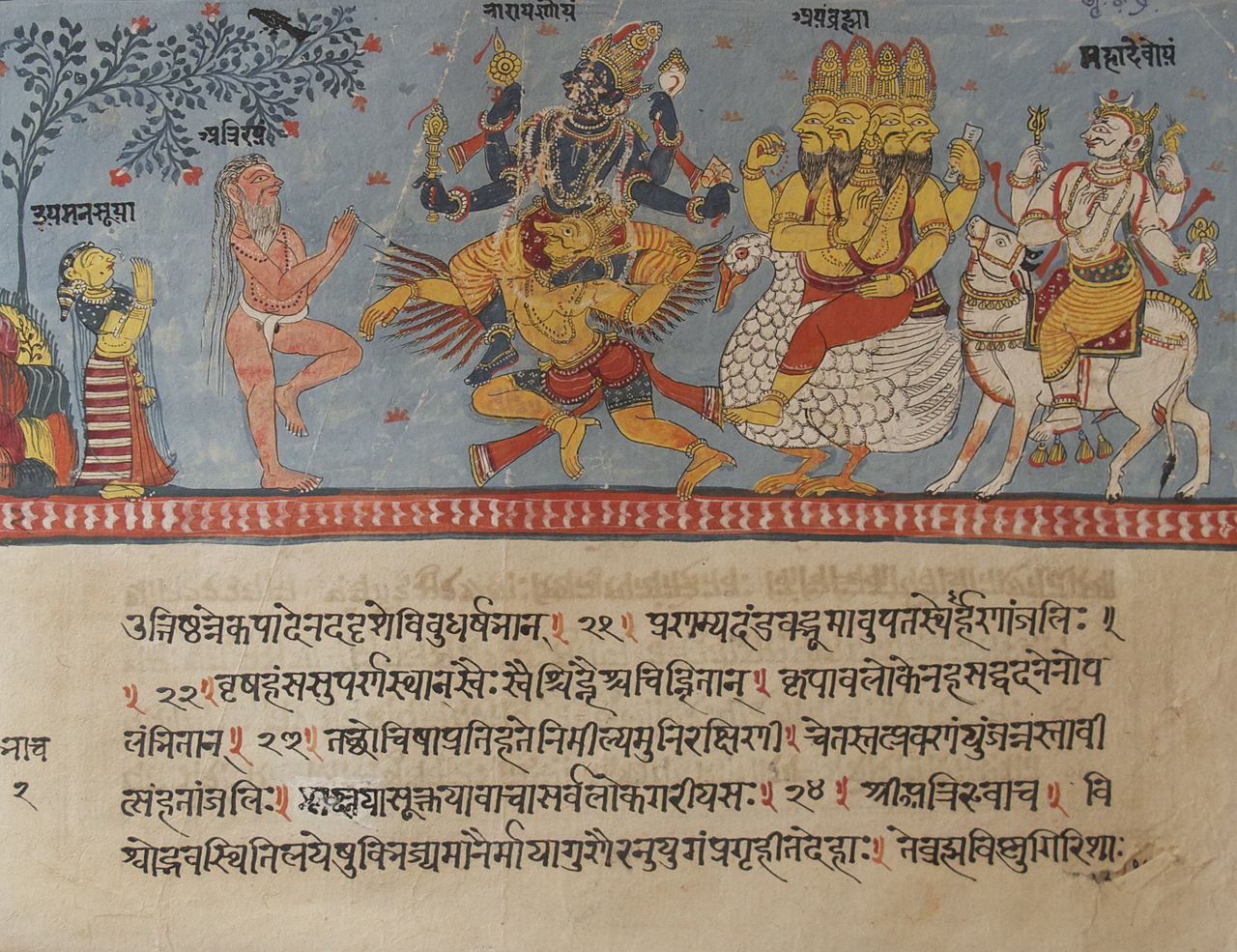
The Multifaceted Tapestry of Hinduism: Embracing Diversity and Spiritual Connection
Introduction:
Hinduism, often referred to as Sanatana Dharma, is a profound and ancient religious and philosophical tradition that encompasses a rich tapestry of thoughts, practices, and beliefs. At its core, Hinduism emphasises the ultimate unity and formlessness of God, known as Brahman. However, it also recognizes the varied tendencies and predilections of humanity and provides a diverse pantheon of deities to cater to the multifaceted needs of individuals. This article explores the essence of Hinduism, the significance of its diverse pantheon, and the transformative power of devotional practices within the tradition.
The Unity of the Supreme Reality:
In Hinduism, the understanding of God transcends physical form and shape. The concept of Brahman represents the supreme reality that is omnipresent and all-encompassing. It is the ultimate essence that underlies all beings and phenomena. This recognition of the formless nature of God can be challenging for ordinary minds to grasp and connect with on a personal level.

The Role of Deities:
To bridge the gap between the formless divine and human understanding, Hinduism incorporates a multitude of deities. These deities are not considered as separate gods but rather as manifestations or aspects of the one supreme reality, Brahman. Each deity embodies specific qualities, virtues, and attributes that resonate with the desires, choices, and affinities of human beings.
Catering to Varied Needs:
Hinduism recognizes and embraces the diverse psychological and social needs of individuals. Just as there is ample variety in matters of food, dress, and residences, Hinduism acknowledges the need for a variety of deities and devotional practices. This socio psychological aspect of the tradition allows individuals to connect with the divine in ways that are most meaningful to them personally.
The Example of Lord Hanuman:
One prominent example within the Hindu pantheon is Lord Hanuman. Known for his unwavering devotion, strength, and wisdom, Hanuman is revered by millions of people. The Hanuman Chalisa, a collection of forty hymns dedicated to Hanuman, is recited daily by devoted followers. By chanting the Chalisa with sincerity and piety, individuals seek to imbibe the qualities and virtues associated with Hanuman. This devotional practice becomes a transformative journey of self-enrichment and self-empowerment, where devotees aspire to cultivate courage, loyalty, wisdom, and physical vitality in their own lives.
Devotional Practices as Means of Connection:
All devotional practices within Hinduism are regarded as powerful tools for personal growth and spiritual connection. Whether it is reciting hymns, performing rituals, engaging in meditation, or participating in communal worship, these practices provide individuals with a means to connect with the divine and cultivate qualities and virtues that are revered in the chosen deity. Through such practices, individuals seek to realize their own divine nature and draw closer to the ultimate truth.

Conclusion:
Hinduism, with its profound philosophical and spiritual foundation, embraces the diversity of human needs and aspirations. It acknowledges the formless nature of God while providing a rich pantheon of deities to cater to the varied tendencies of humanity. Devotional practices within Hinduism are seen as transformative journeys, enabling individuals to embody the virtues and qualities represented by the deities they worship. Through these practices, individuals strive to realise their own divinity and establish a profound connection with the ultimate truth. Hinduism stands as a testament to the recognition of individuality within a framework of unity, offering a pathway for personal growth, spiritual fulfilment .
By Mamta Rajbhar
(The images used in this blog post are not owned by Anime Devta, they are just to help the readers)

